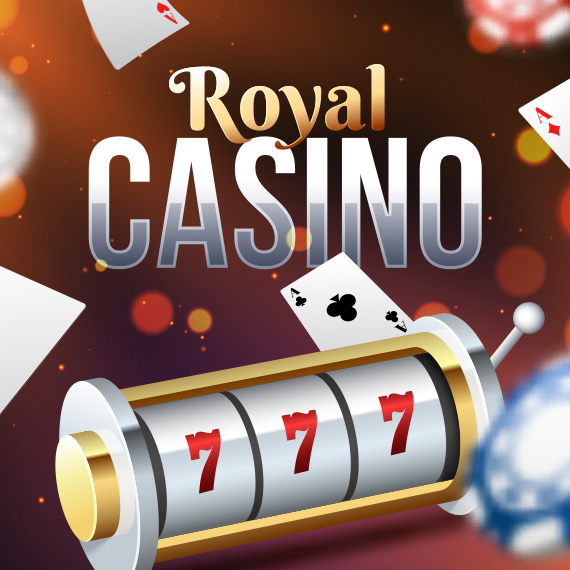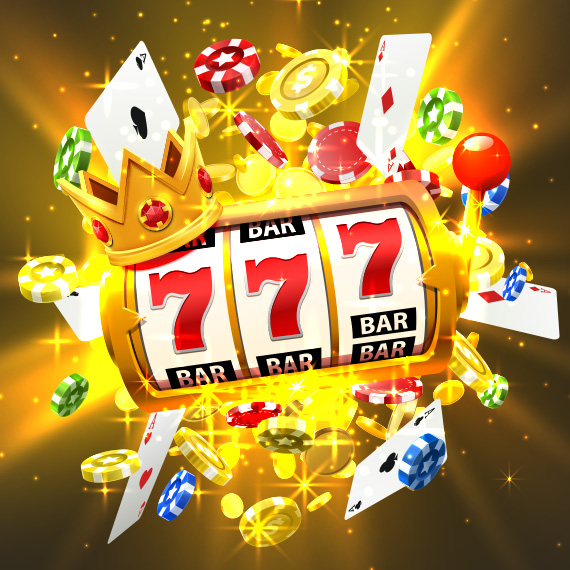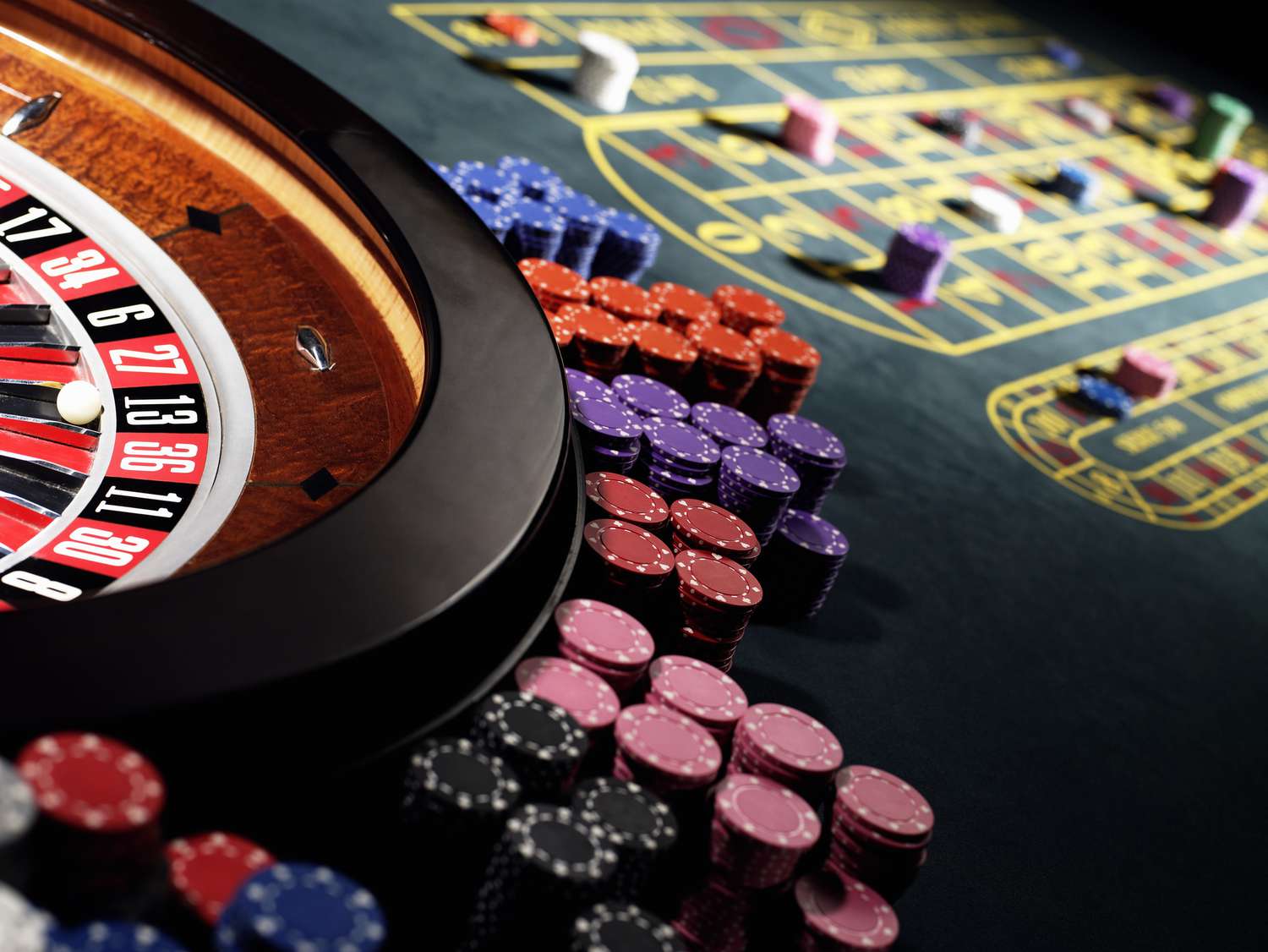A Classic Twist on Rummy Card Games
Traditional Poker Game
301
Pool Rummy: A Classic Twist on Rummy Card Games
If you love traditional card games but are looking for something with a bit more excitement and strategy, Pool Rummy might be just the game for you. This popular variation of the classic Rummy game is often played in social settings and brings a competitive edge that keeps players engaged from start to finish. Whether you’re a seasoned Rummy player or new to the game, Pool Rummy offers fast-paced fun, skillful gameplay, and a chance to show off your card-playing prowess.
In Pool Rummy, the objective is straightforward: be the last player standing with points below a predetermined limit. What sets Pool Rummy apart from other Rummy variants is its use of a pool of points, where each player starts with a set amount of points, and the goal is to reduce your points by forming valid sets and sequences while forcing other players to accumulate points. With its blend of strategy, speed, and social interaction, Pool Rummy is perfect for card enthusiasts looking for a fresh twist on a timeless game.
Game Rules and Mechanics
While Pool Rummy follows the traditional rules of Rummy, it introduces a few key differences that make it stand out. Here’s a breakdown of how Pool Rummy is played:
Objective of the Game
The primary goal of Pool Rummy is to reduce your points by forming valid sequences and sets of cards while avoiding adding points to your tally. Players are eliminated when they exceed a predetermined point limit (usually 101 or 201 points). The last remaining player with a score below the limit wins the game. Unlike standard Rummy, where players are eliminated by reaching a set number of points, in Pool Rummy, each player’s points accumulate throughout the game, and the winner is determined by who has the least points when the others are eliminated.
Setup
- Number of Players: Pool Rummy is usually played with 2 to 6 players.
- Deck: The game is played with a standard 52-card deck. In some cases, jokers are included, and they can act as wild cards to complete sets or sequences.
- Starting Points: Each player starts with a set number of points. Typically, each player begins with 101 or 201 points, but this can vary depending on the house rules.
- Dealer: One player is chosen as the dealer, and they shuffle and deal the cards. The dealer gives 13 cards to each player, leaving the rest of the deck as the draw pile.
Gameplay and Turns
The game proceeds in turns, and each player has the following sequence during their turn:
- Draw a Card: On your turn, you must draw a card either from the deck or the discard pile.
- Form Sets and Sequences: After drawing a card, you try to form a valid set or sequence using the cards in your hand.
- Set: A set consists of three or four cards of the same rank but different suits (e.g., 7♠, 7♦, 7♣).
- Sequence: A sequence is a run of three or more consecutive cards in the same suit (e.g., 4♠, 5♠, 6♠).
- Jokers: Jokers can be used as wild cards to substitute any card in a set or sequence, but they hold no point value.
- Discard a Card: At the end of your turn, you must discard one card to the discard pile, keeping your hand manageable and possibly setting up for future moves.
Point System
In Pool Rummy, points are accumulated based on the cards remaining in a player’s hand at the end of each round. The point value of each card is as follows:
- Number Cards (2-10): Points equal to their face value.
- Face Cards (J, Q, K): Each face card is worth 10 points.
- Ace: An Ace is typically worth 1 point, though in some variations, it can be worth 11 points.
- Jokers: Typically, jokers carry no points but can be used as wild cards to complete sets or sequences.
The key to Pool Rummy is to avoid accumulating points. If you have cards left in your hand when another player declares “Rummy” (meaning they’ve formed valid sets and sequences with all their cards), you lose the points associated with those leftover cards.
Eliminating Players
A player is eliminated from the game when their accumulated points exceed the agreed-upon limit, usually 101 or 201 points. If a player’s total points reach this threshold, they are out of the game, and the remaining players continue playing. The last player standing, with the least points, wins the game.
Declaring Rummy
When a player has successfully arranged all their cards into valid sets and sequences, they can declare Rummy. This means they’ve gone out of the round, and the other players must tally up the points remaining in their hands. If a player declares Rummy, the round ends, and the players who still have cards in their hands must calculate their total points. This is an important strategic element of the game because the faster you go out with a complete set of cards, the fewer points your opponents will be left with.
Strategy Tips for Pool Rummy
- Form Sequences First: Sequences are harder to complete and more valuable than sets, so try to complete them early on to reduce the points in your hand.
- Discard High-Value Cards: If you’re holding high-value cards like face cards (J, Q, K), try to get rid of them early in the game to minimize the points you accumulate.
- Use Jokers Wisely: Jokers can help you complete sets or sequences, but don’t rely too heavily on them. Use them strategically when you have no other options, as holding onto them can increase your risk.
- Pay Attention to Discards: Keep an eye on the cards your opponents are discarding. This can give you clues about which cards they are trying to form, and you can use this knowledge to your advantage.
Conclusion
Pool Rummy is a fun, engaging card game that offers an exciting twist on the classic Rummy format. With its competitive structure, strategic gameplay, and social interaction, it’s a perfect choice for casual game nights or more competitive settings. By combining elements of skill, luck, and strategy, Pool Rummy provides endless opportunities for players to test their card-playing abilities. Whether you’re trying to be the last one standing or just enjoying the thrill of the game, Pool Rummy promises to keep you entertained for hours.
















